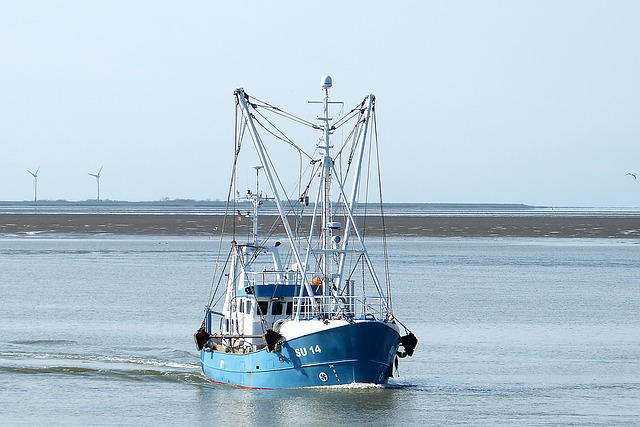
The UK’s fisheries have been boosted by the news that North Sea cod populations are now sustainable, meaning domestic and international consumers can eat the British produce with a “clear conscience”.
The Marine Stewardship Council (MSC) announced that the fish can now be sold with a “blue tick” label, indicating that fish caught by Scottish and English boats are “sustainable and fully traceable” – something which may even boost exports from the industry.
Cod is an extremely popular fish in the UK with around 70,000 tonnes eaten every year, but confusion has long reined over whether consumption of the fish is responsible. Cod has been considered under threat for over a decade since stocks fell to 36,000 in 2006.
Since 2006 the fishing industry has worked alongside the Scottish government and the EU Fisheries Council on a recovery plan to regenerate population and keep the fishing of cod at sustainable level. This has included new nets and closing spawning areas to fishing, while boats have also been allocated specific time periods for fishing that have been linked o the conservation measures put in place. The industry is now able to close fishing areas at short notice, using more comprehensive CCTV on board boats to monitor fishing.
With fishing of cod now back at sustainable levels, the MSC has declared that the plan has been enacted successfully, saying that it is a “momentous achievement’ for the industry. The plan came together on the back of collaboration between fisheries, supermarkets, seafood brands and key industry bodies.
The World Wide Fund has urged caution however, saying that population levels remain low compared to where they were 50 years ago. As such, there should be caution around any suggestion that the UK should drive up its number of cod exports per year, but the blue tick of approval will certainly come as a boost to sea brands and distributors looking to sell North Sea cod internationally.
Lyndsey Dodds, head of UK marine policy at WWF said: "If we're to get North Sea cod back on British plates for good, it's vital that we don't lose focus on sustainably managing fish stocks and ensuring the protection of the marine wildlife and habitats as the UK develops its post-Brexit fisheries policy.”
Certainly maintaining coalitions such as the one between EU and British fisheries and agencies, which worked so well to make cod fishing sustainable again, will be a key component of Brexit negotiations in the food and drink industry.

